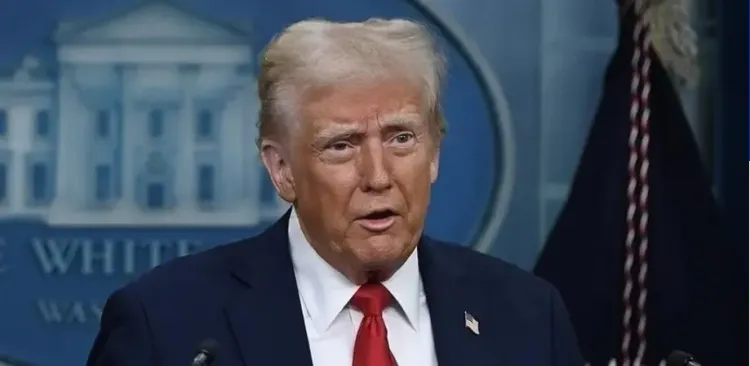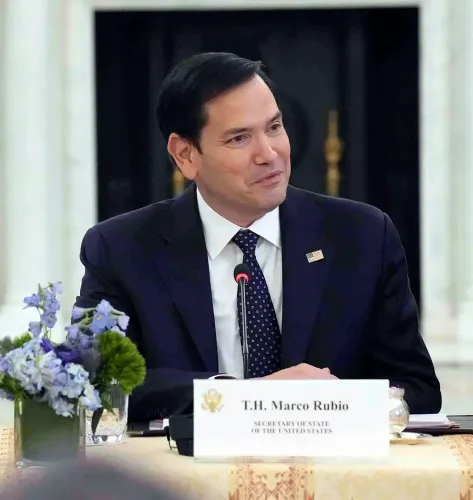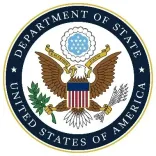Tariff Policies: Trump Emphasizes 'Flexibility' and 'Reciprocity'

Synopsis
Key Takeaways
- Trump emphasizes flexibility in tariff policies.
- New tariffs to be reciprocal based on trading partners' practices.
- Concerns over South Korea's higher average tariffs.
- Advice to build plants in the U.S. to avoid tariffs.
- Trump claims the U.S. has been ripped off by other nations.
Washington, March 22 (NationPress) US President Donald Trump has emphasized that he will maintain flexibility in tariff policies, yet his administration's upcoming tariffs on imports will essentially be reciprocal.
During a press conference, Trump shared these insights as his administration prepares to introduce country-specific reciprocal tariffs on April 2, tailored according to the trading partners' tariff and non-tariff barriers, exchange rates, and other unfair trade practices.
"The term, flexibility, carries significant weight. ... There will indeed be flexibility, but fundamentally, it’s reciprocal," he stated, as reported by Yonhap news agency.
When questioned about potential tariff exemptions, the president remarked, "Once you grant that to one, you must extend it to everyone."
He reiterated his message of America being exploited by various nations, both allies and adversaries.
"We’ve been exploited by every nation globally, whether friend or foe. We’ve been taken advantage of in trade. We’ve been taken advantage of in military matters," he expressed.
"We shield nations, yet they offer us little in return. It has been unfair for countless years. Now, some of those funds will return to us as tariffs."
Earlier in a congressional address this month, Trump expressed his negative viewpoint of South Korea as a trading associate. He asserted that South Korea’s average tariff rate is four times greater than that of the U.S. and emphasized that the U.S. provides military support to South Korea and in various other capacities.
South Korea’s average tariff on its most-favored nations (MFNs) is approximately 13.4 percent, whereas the U.S. imposes a 3.3 percent rate on its MFNs; however, this rate does not apply to countries with FTAs with Korea.
Seoul has been enhancing discussions with Washington to secure tariff exemptions or, at the very least, ensure that South Korean businesses do not encounter disadvantages.
Trump reiterated his advice for those looking to avoid tariffs.
"What’s the way to evade tariffs? Establish your manufacturing facility in the United States," he asserted.










